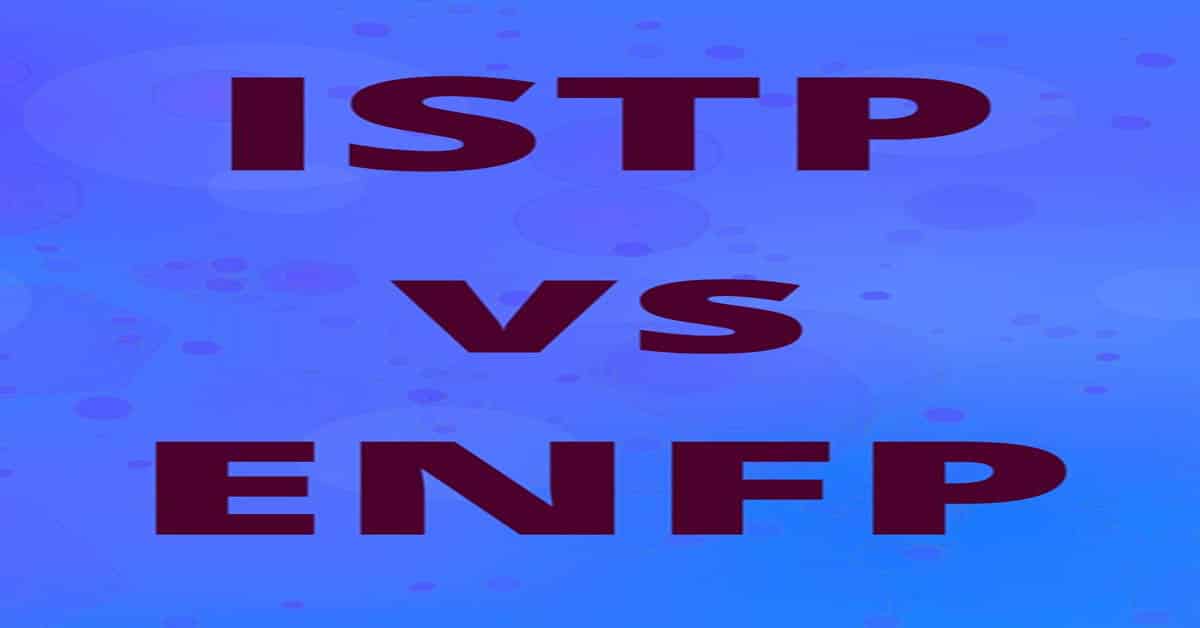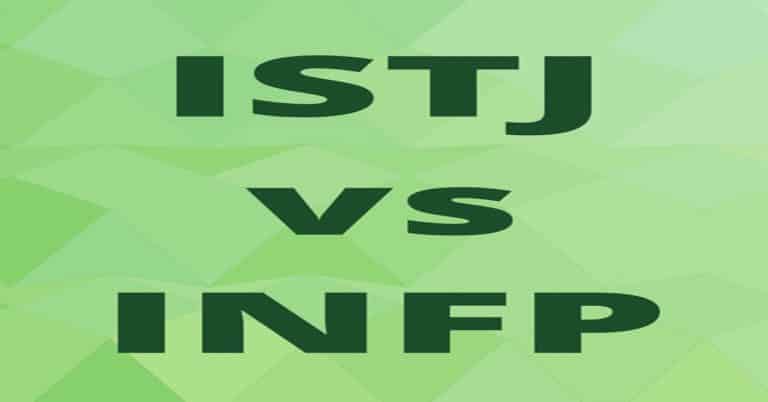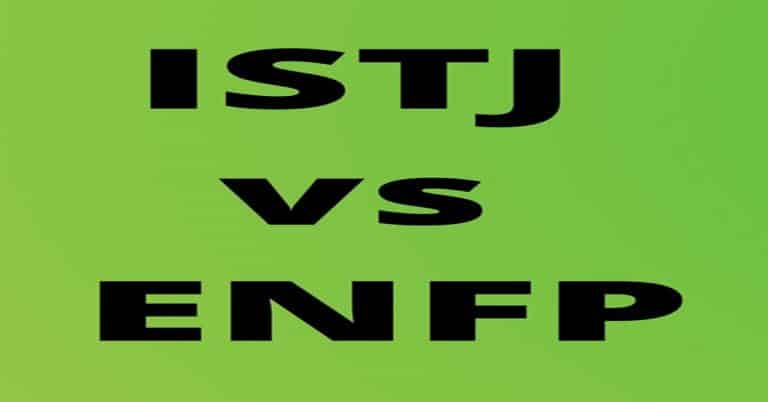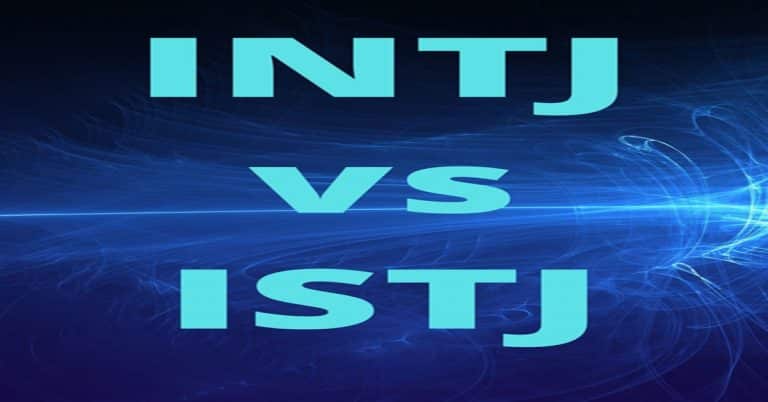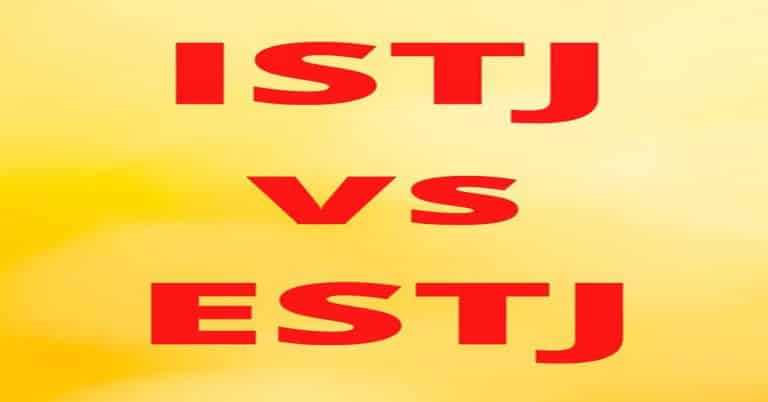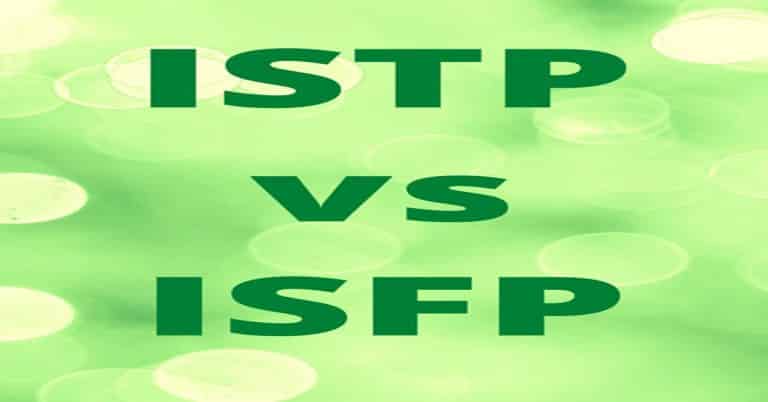ISTP vs ENFP
ISTP and ENFP are two of the Myers-Briggs’ 16 personality types that are believed to be incompatible with each other. However, human relationships are much more complex than just compatibility according to core personality traits. Therefore, even though these two personalities share only one major personality trait, they still have some characteristics and attitudes in common. Even more, in some cases, the relationships between ISTPs and ENFPs actually work!
Both ISTPs and ENFPs are Perceiving (P) personalities which means that they tend to make impulsive decisions and dislike sticking on the schedule. Generally, Perceiving types hate having a certain routine and obeying the rules. They are eager to explore the world from different perspectives and try to take part in unusual experiences. However, their everyday relationships are completely different. Specifically, ISTPs are quiet, self-reserved people who prefer to stay at home in the company of their close friends or all alone. ENFPs, on the other hand, adore social activities and communicating with a wide circle of friends. And it’s just one of the many differences between ISTP vs ENFP.
In this article, we will compare the basic characteristics of ISTP and ENFP and discuss their personality types in-depth. We’ll provide information about their basic values, leadership styles, and romantic relationships and review the compatibility of ISTP and ENFP.
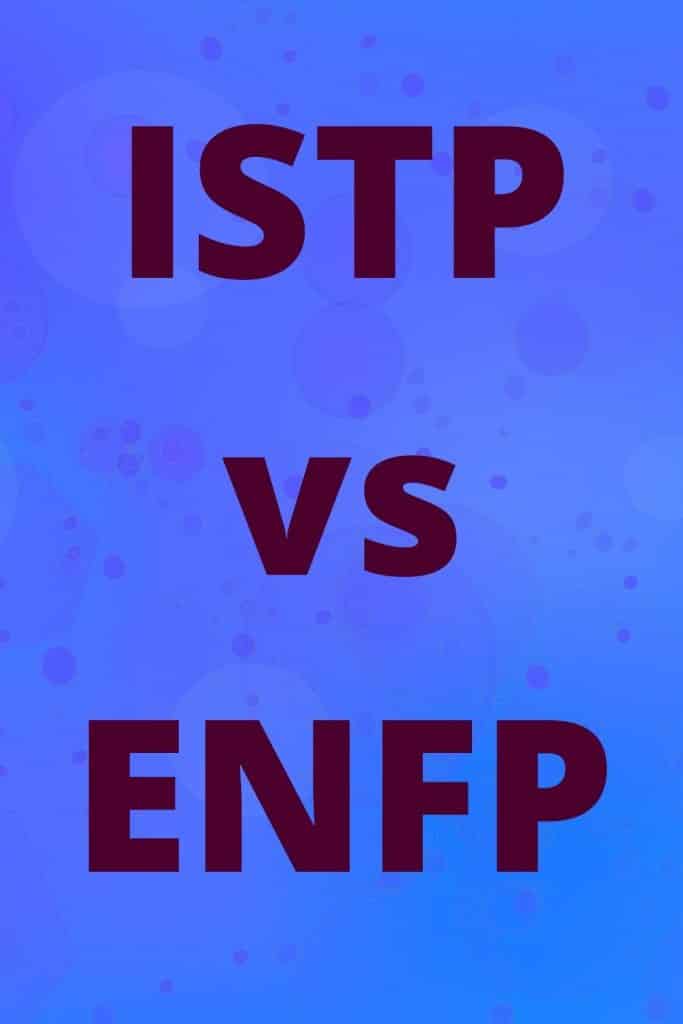
ISTP – The Crafter
ISTPs are independent people who stand out with their practical nature and ability to fix problems easily. Accordingly, they are also known as the Crafters. ISTP is an Introverted (I), Sensing (S), Thinking (T), and Judging (J) personality. They are results-oriented people who enjoy trying out new things in order to learn by experience. ISTPs don’t believe in theories and abstract concepts. They prefer to experience everything on their own. As a result, they often take risks. However, dangerous activities aren’t perceived as stressful to them. Instead, they feel satisfaction while taking risks.
Although they have amazing practical and problem-solving skills, communication is their weakness. They find it difficult to concentrate while they are in social situations. Therefore, ISTPs don’t really enjoy interacting with people. Frequently, typical ISTPs have trouble finding friends or falling in love. However, they have plenty of strengths as well such as being self-confident and rational.
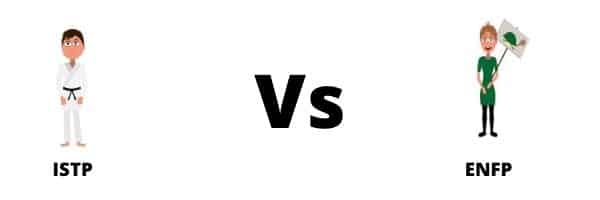
ENFP – The Champion
ENFPs are maximalist people who put all their effort into the work to get the best results. They are action-oriented, independent individuals with plenty of energy, enthusiasm, and ambition. Not surprisingly, they are also called the Champions. ENFP is Extraverted (E), Intuitive (N), Feeling (F), and Perceiving (P) personality type. People with this personality tend to have totally unique perspectives of things and situations around them. They are oriented towards people and try hard to help others feel alive.
ENFPs are also risk-takers. Taking part in dangers makes them feel motivated to keep on doing their work. As a result of their energy and charisma, ENFPs make great leaders. They can easily generate new ideas and develop innovative viewpoints to problems. Despite having excellent decision-making skills, sometimes they get stressed out overthinking things because they are rather disorganized. ENFPs struggle to follow rules and if they disappoint someone because of this characteristic, they get sensitive and experience negative emotions.
Comparison between ISTP vs ENFP
ISTPs and ENFPs are perceiving personalities who enjoy taking risks and dislike routine. Is this one similarity enough to them to be compatible in relationships? It seems like other aspects such as general values, or attitudes towards leadership are also important to determine their compatibility. Let’s compare the leadership styles, romantic relationships, and core values of ISTP vs ENFP.
Core Values
- ISTPs value adventure. They are fearless people who are not afraid to take risks in order to grow either personally or professionally. Growth and development are some of their core values as well. They dislike stagnation and want to develop their skills to feel satisfied. Besides, ISTPs value logic and like people who tend to make rational decisions instead of acting according to their emotions.
- ENFPs value creation and innovation. They enjoy communicating with people who have original ideas and aren’t afraid of sharing these ideas with wife public. ENFPs believe that people should help and support each other in order to grow personally. They believe that with enough strength and motivation every dream is achievable.
Romantic Relationships
- ISTPs are loyal partners. Since they value loyalty too much, there’s no way that they lie or deceive their partners. People with this personality type are attracted to people who feel confident and don’t need approval from others. Even though they love passionately, they enjoy calm activities with their partners. ISTPs take great care of their loved ones but acknowledge that leaving room for their independence is important for self-growth.
- ENFPs fall in love very easily and when they love, they love deeply and passionately. They are emotionally engaged partners who find it hard to see anything other than their partner. As a result, sometimes they are overly focused on their partners’ needs and neglect their own. Usually, they are extremely supportive partners. ENFPs tend to express their emotions. They accept their loved ones with their strengths and weaknesses and love unconditionally.
Leadership
- ISTPs enjoy being informal leaders. Unlike typical leaders who have their own rules and schedules, ISTP leaders are open to suggestions from their team members. Since they value innovation, ISTPs always praise their team members’ ideas and try to encourage them to develop unique perspectives. Generally, ISTP leaders are perceived positively.
- Although ENFPs like communicating with people, they don’t really enjoy leadership positions. The reason is that they are rather disorganized and hate to create rules and follow them. But when it comes to teamwork, specific rules and schedules are needed. Usually, ENFP leaders try to motivate and inspire their team members in order to help them achieve success.
Compatibility of ISTP and ENFP – Do They Get Along?
The short answer is no, ISTPs and ENFPs don’t really get along. The reason is that they have almost completely different attitudes towards social relationships, teamwork, leadership, or traditions. ENFPs hate when people follow traditions without examining them and stating their own opinions. But ISTPs believe that we should obey the rules in order to support the well-being of our society. Besides, ISTPs are quiet people who hate communicating with others but ENFPs can’t imagine quiet lives and adore getting at the center of attention.
Still, sometimes their relationships work because ISTPs and ENFPs are clever people who understand that people are simply different from each other. Therefore, if they communicate with each other and discuss their preferences, their relationships have a great potential of developing.
Bottom Line
To sum up, the differences between ISTP vs ENFP often complicate the relationships between them. People with these two personality types have different attitudes towards many aspects of everyday lives and as a result, they often argue. Therefore, chances are low that ISTP and ENFPs can have long-lasting and stable relationships either as friends or co-workers.

